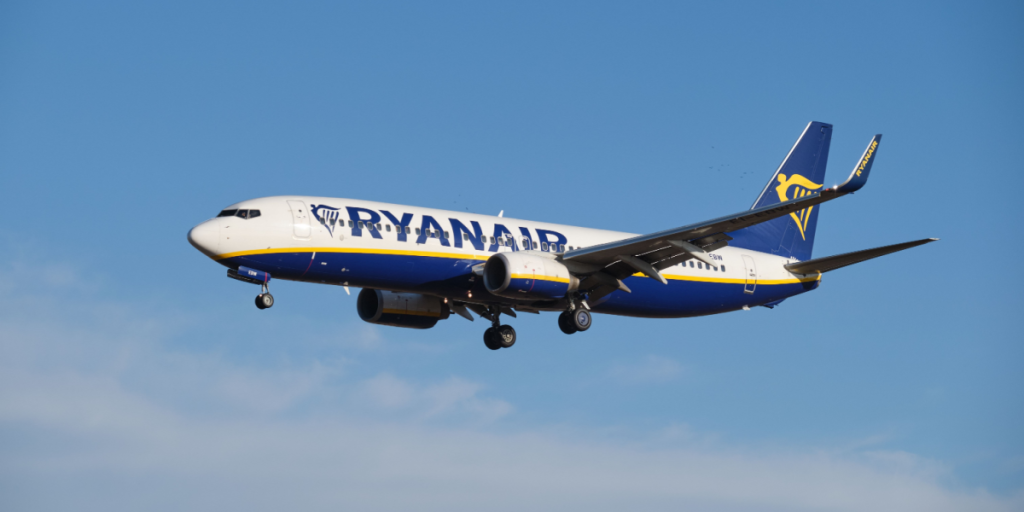The Belarusian president has made a startling claim about one of Europe’s most controversial aviation incidents.
Others are reading now
Four years after a Ryanair flight was forced to land in Minsk, Alexander Lukashenko has acknowledged that a KGB operative was on board, Express.co.uk reports.
The admission sheds new light on an event widely condemned as a “state-sponsored hijacking” and raises new questions about the motives behind it.
A flight diverted
In May 2021, a Ryanair Boeing 737 en route from Athens to Vilnius was suddenly ordered to land in Minsk after Belarusian authorities claimed there was a bomb threat.
A MiG-29 fighter jet intercepted the aircraft, which was carrying 132 passengers.
Two passengers — opposition activist Roman Protasevich, then 26, and his girlfriend, Russian law student Sofia Sapega, 23 — were detained after landing. The rest of the passengers continued their journey hours later.
Also read
International governments swiftly condemned the incident, calling it an abuse of civil aviation law and an act of state intimidation.
Heavy global backlash
According to the European Union and other Western governments, the forced diversion triggered sweeping sanctions against Belarus, including restrictions on its state carrier Belavia.
The penalties were estimated to have cost the country up to 10% of its GDP, deepening its economic isolation.
Despite the international outrage, Lukashenko has now claimed the operation was an intelligence mission, stating, “We detained opposition leader Protasevich. But in fact, he is our intelligence officer. I personally authorised the operation.”
He said Protasevich had been “working undercover among the self-exiled opposition”, while Sapega was allegedly unaware of his true role.
Also read
A different story
Protasevich had long been viewed as a dissident and editor of a popular anti-government Telegram channel. His arrest was seen as part of Lukashenko’s crackdown on dissent following the disputed 2020 presidential election.
Shortly after his detention, he appeared on Belarusian state television confessing to crimes and praising Lukashenko, with visible marks on his wrists that human rights groups linked to torture.
In May 2023, Protasevich was sentenced to eight years for “extremist activities” but was pardoned weeks later.
His new acknowledgment — “Yes, I can confirm this information, but for now, that is all I can say” — appears to support Lukashenko’s latest claim.
Fallout and sanctions
Sapega was charged with “inciting social hatred” and leaking personal data, receiving an eight-year sentence before being pardoned 13 months later and sent back to Russia.
Also read
Ryanair’s chief executive Michael O’Leary described the 2021 event as a “state-sponsored hijacking”, saying the pilot had little real choice but to comply.
The supposed bomb threat that justified the diversion was later dismissed by aviation experts as baseless.
The sanctions against Belarus remain in place, continuing to target Belavia and other state-run entities. The episode has further entrenched Lukashenko’s reputation as an international pariah and illustrated the steep costs of his regime’s intelligence operations.
A costly operation
If Protasevich was indeed working for the Belarusian KGB, the forced landing appears to have backfired spectacularly.
The move provoked international outrage, inflicted economic losses, and damaged Minsk’s diplomatic standing — all without delivering an obvious strategic gain.
Also read
Belarus’s security service, still known by its Soviet-era name KGB, retains its fearsome reputation for surveillance and repression. Lukashenko’s latest revelation, made four years after the diversion, reshapes the narrative of one of Europe’s most notorious modern aviation incidents.
Sources: BBC, Reuters, AP, Express.co.uk


